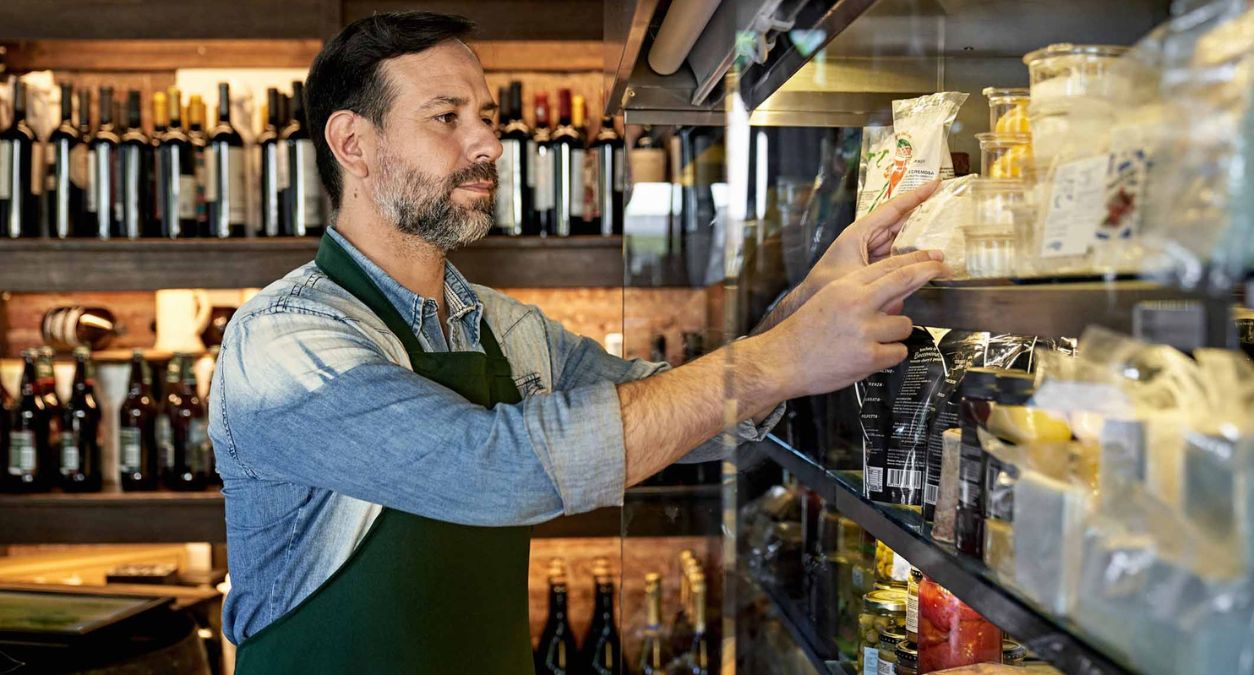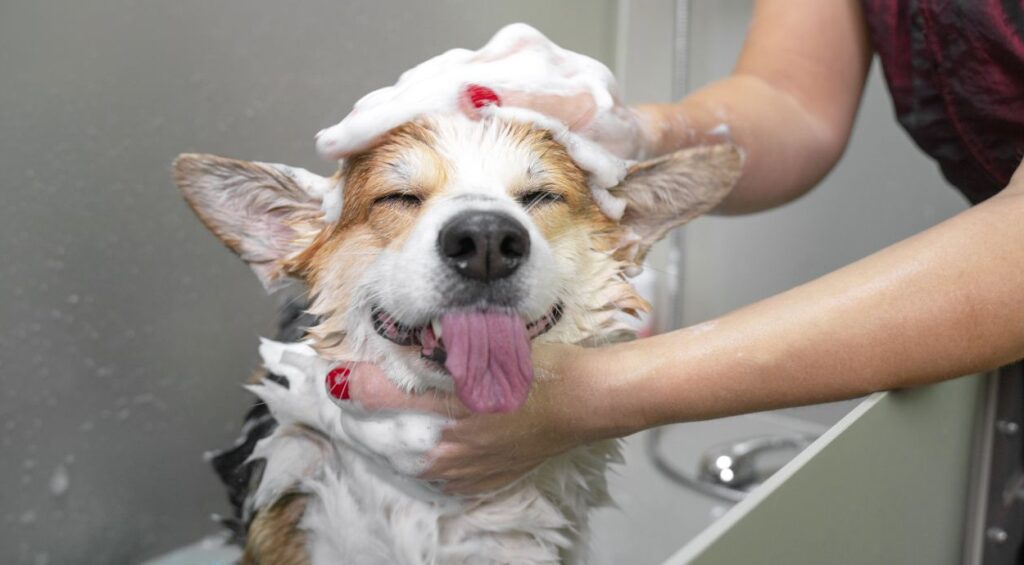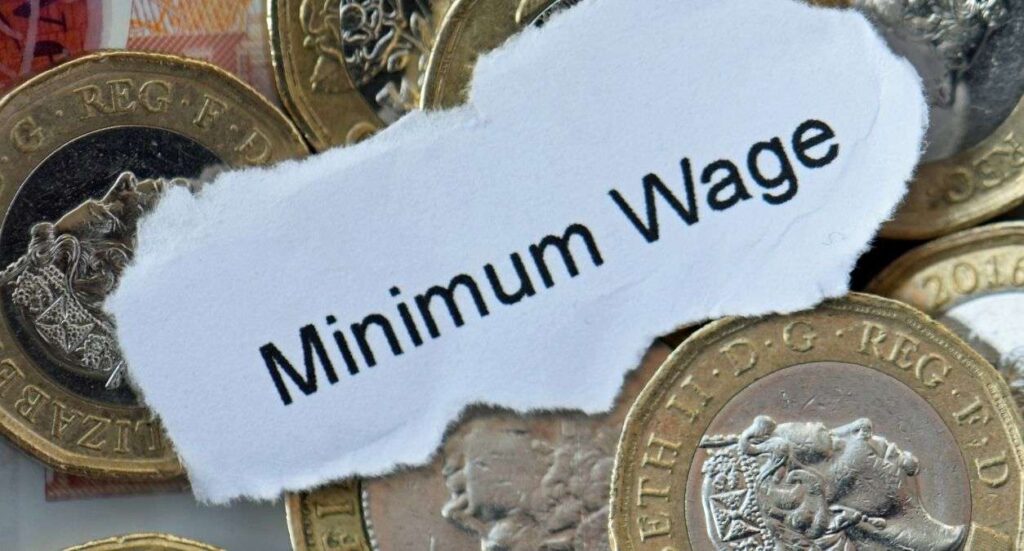If you’re running a business that sells goods to the public, then you’ll already know all about your legal responsibilities around product safety. But did you know that customers can make civil claims for compensation against you in the event of illness, injury or property damage? And that you could be responsible for those claims even if you’re not the manufacturer of the product in question?
These facts – and the potentially life-changing ramifications of a successful claim against you from a financial perspective – emphasise the importance of having product liability insurance in place. This guide covers all the key basics you need to know about product liability insurance: how it works, how to assess whether you need it or not, and the levels of cover you may want to consider taking out.
Is product liability insurance a legal requirement?
*Disclaimer – This blog has been created as general information and should not be taken as advice. Make sure you have the correct level of insurance for your requirements and always review policy documentation. Information is factually accurate at the time of publishing but may have become out of date.
Last updated by

















